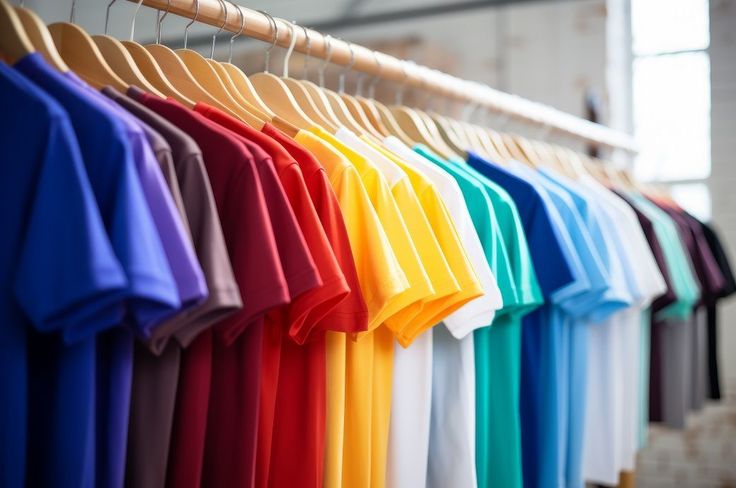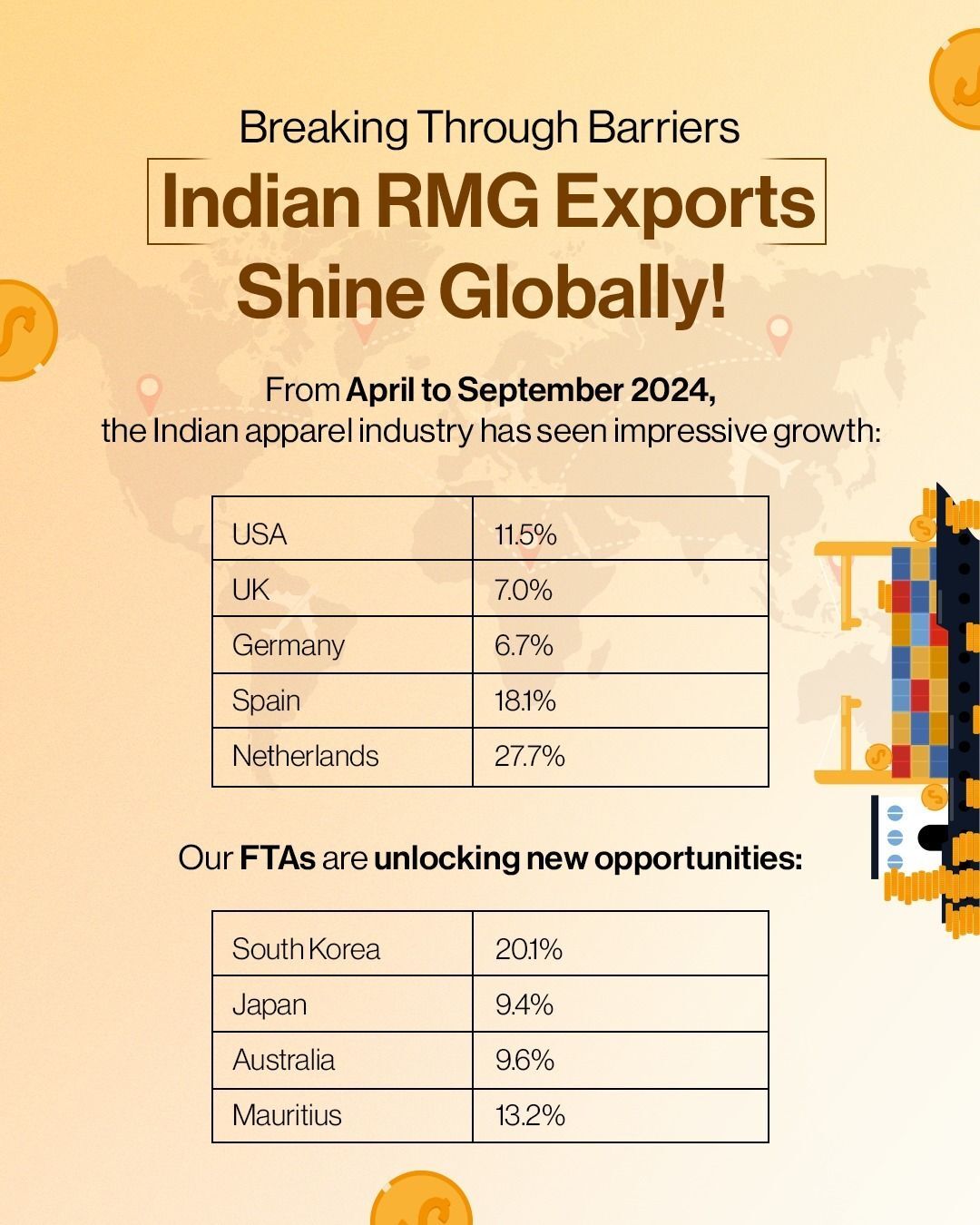While the idea of ethical fashion is becoming increasingly popular globally, few are willing to pay the price. Ethical brands have to compete with companies that rely on mass-production and use cheaper fabrics. Sustainable fabrics such as bamboo and linen are derived from plants, often cost more to produce than the typical synthetic fabrics of fast fashion. But the price tag should reflect environmental costs, health hazards and exploitation – or the lack thereof.
Fast fashion in its current unsustainable form is cheap as prices do not reflect the true cost. A change in consumer attitudes can allow ethical fashion to be made at a more affordable price. Giving away unloved clothing, attending garage sales and participating in local clothes-swapping events can move fast fashion out of the mainstream, putting ethical fashion in the spotlight. Through this hoped-for transition, companies can become more innovative in their means of production, leading to lower prices in the long term.
There are ethical brands making garments that cost more as they are created to show customers that what they are buying rivals the underpriced and decaying quality of fast fashion. Buying something from a fast fashion company and the cost per wear is say, Rs 5, wear it twice and it costs Rs 10. But buy a shirt for Rs100 and wear it 20 times, it ends up being the same.












